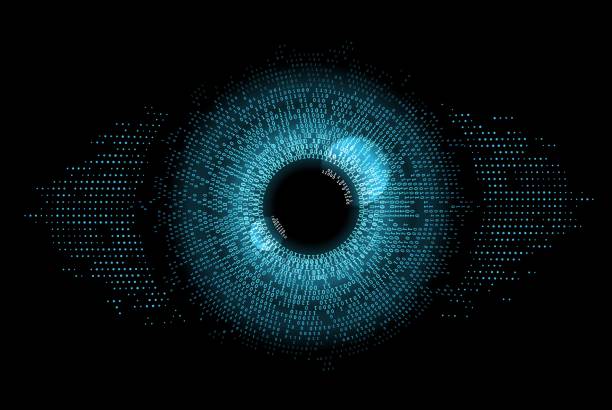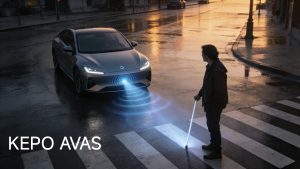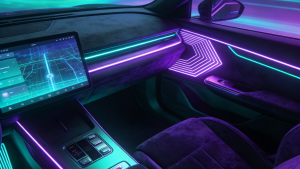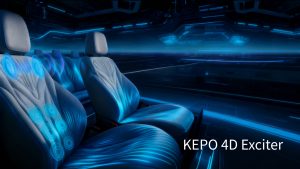As the realm of 3D sensing technology advances, the choice between different methodologies becomes pivotal. This blog delves into the advantages of iToF (Indirect Time-of-Flight) technology over the traditional structured light approach. We’ll explore the unique benefits that iToF offers, shedding light on its superiority in certain applications.
Reduced Complexity
Structured light requires additional equipment like projectors and cameras, adding complexity to the setup. iToF, on the other hand, operates solely through the ToF sensor, streamlining the system and minimizing the equipment required.
Adaptable Amidst Complexity
iToF technology remains relatively unaffected by ambient light, relying on measuring light travel time for distance calculation, thus ensuring accurate measurements irrespective of color or intensity.
Extended Measurement Range
iToF technology generally boasts a larger measurement range, facilitating precise depth measurements even at greater distances.
Real-time Performance
iToF technology excels in providing real-time performance. Its ability to measure light’s round-trip time within a fraction of a second translates to rapid and seamless depth sensing.
Energy Efficiency
Structured light setups often involve power-intensive projectors. In contrast, iToF sensors require lower power consumption, making them suitable for integration into portable and battery-powered devices.
Kepo stands at the forefront of innovation with its advanced iToF solution. From revolutionizing user experiences in virtual reality and augmented reality to transforming human-machine interaction and enhancing autonomous driving systems, Kepo iToF solution is a game-changer.
The world of 3D sensing is rapidly evolving, and the choice between different technologies plays a significant role. iToF’s advantages over structured light make it a compelling choice for applications that demand accuracy, adaptability, and real-time performance.






